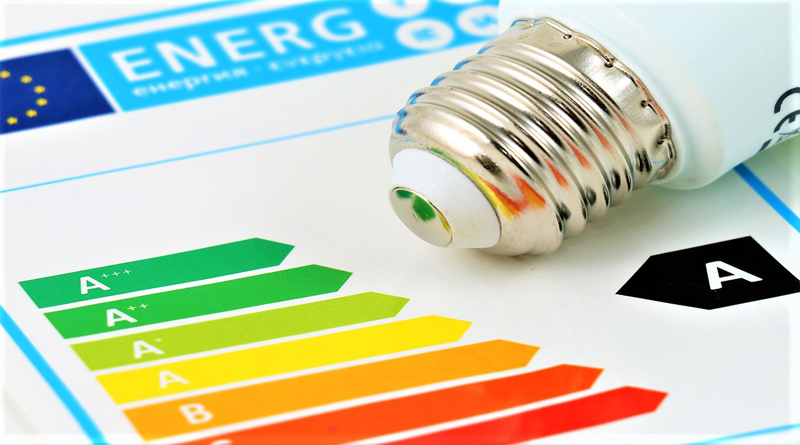

The programme is devised to scale up the deployment of energy saving measures in residential and public sectors. The World Bank in May had approved a $220 million (Rs 1,496 crore) loan and an $80 million (Rs 544 crore) guarantee for the India Energy Efficiency Scale-Up Program.
The $220 million loan, from the International Bank for Reconstruction and Development (IBRD) to Energy Efficiency Services Ltd, has a 5-year grace period, and a maturity of 19 years.
India’s climate change commitments to reduce carbon intensity by 33-35 per cent by 2030 from 2005 level will require a significant focus on energy efficiency improvements.
The investments under the Program are expected to avoid lifetime greenhouse gas emissions of 170 million tonnes of CO2 and contribute to avoiding an estimated 10 GW of additional generation capacity.
This would be over 50 percent of the National Mission for Enhanced Energy Efficiency target of 19.6 GW indicated in India’s Nationally Determined Contributions (NDCs) under the Paris Agreement.
The key components of the operation include creating sustainable markets for LED lights, energy efficient ceiling fans, facilitating well-structured and scalable investments in public street lighting, developing sustainable business models for emerging market segments such as super-efficient air conditioning and agricultural water pumping systems and strengthening the institutional capacity of EESL.
The Program aims to help increase private sector participation in energy efficiency, including through private sector energy service companies. Under the Program, EESL will deploy 219 million LED bulbs and tube lights, 5.8 million ceiling fans, and 7.2 million street lights, which will be supplied by private sector manufacturers and suppliers.
Not enough impetus has been given to the energy efficiency of the appliances and buildings that Indian households use on a daily basis. Most of the focus from government and its agencies are on the generation and storage capacity of power projects. Having energy efficient buildings and appliances are becoming more and more vital as energy emerges as a critical economic issue due to high demand for energy and unsustainable supplies of energy. Till date Coal accounts for two-thirds of the energy generation in the country.
1. The mandate for blending Compressed Biogas (CBG) with natural gas has come into effect…
Andhra Pradesh is striving towards greening its energy sector with quite some speed. In a…
With an objective to bolster India’s green energy goals, a Tripartite Agreement has been signed…
The Union MNRE Minister Pralhad Joshi launched the Green Hydrogen Certification Scheme of India (GHCI)…
India’s energy conglomerate Bharat Petroleum Corporation Limited (BPCL) has commissioned a 5MW green hydrogen plant…
In a historical development, the European Space Agency (ESA) has successfully launched its pioneering ‘Biomass’…